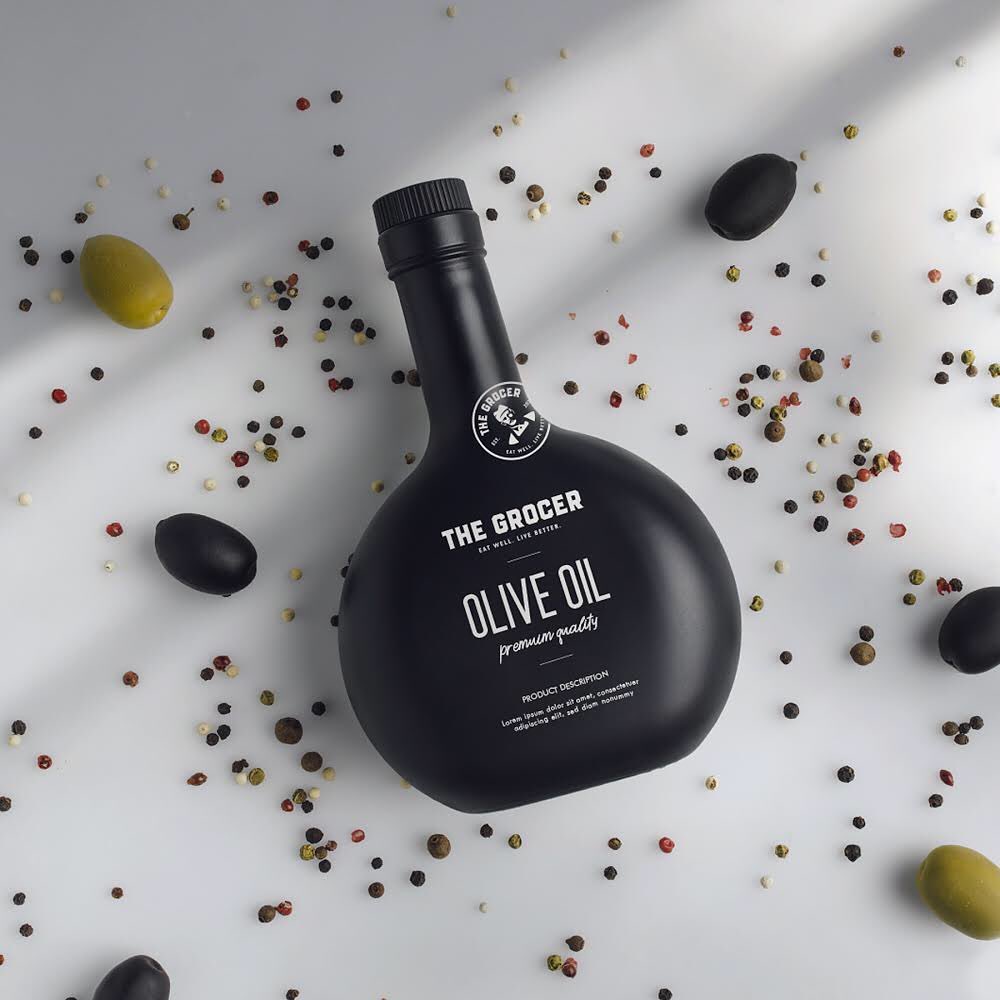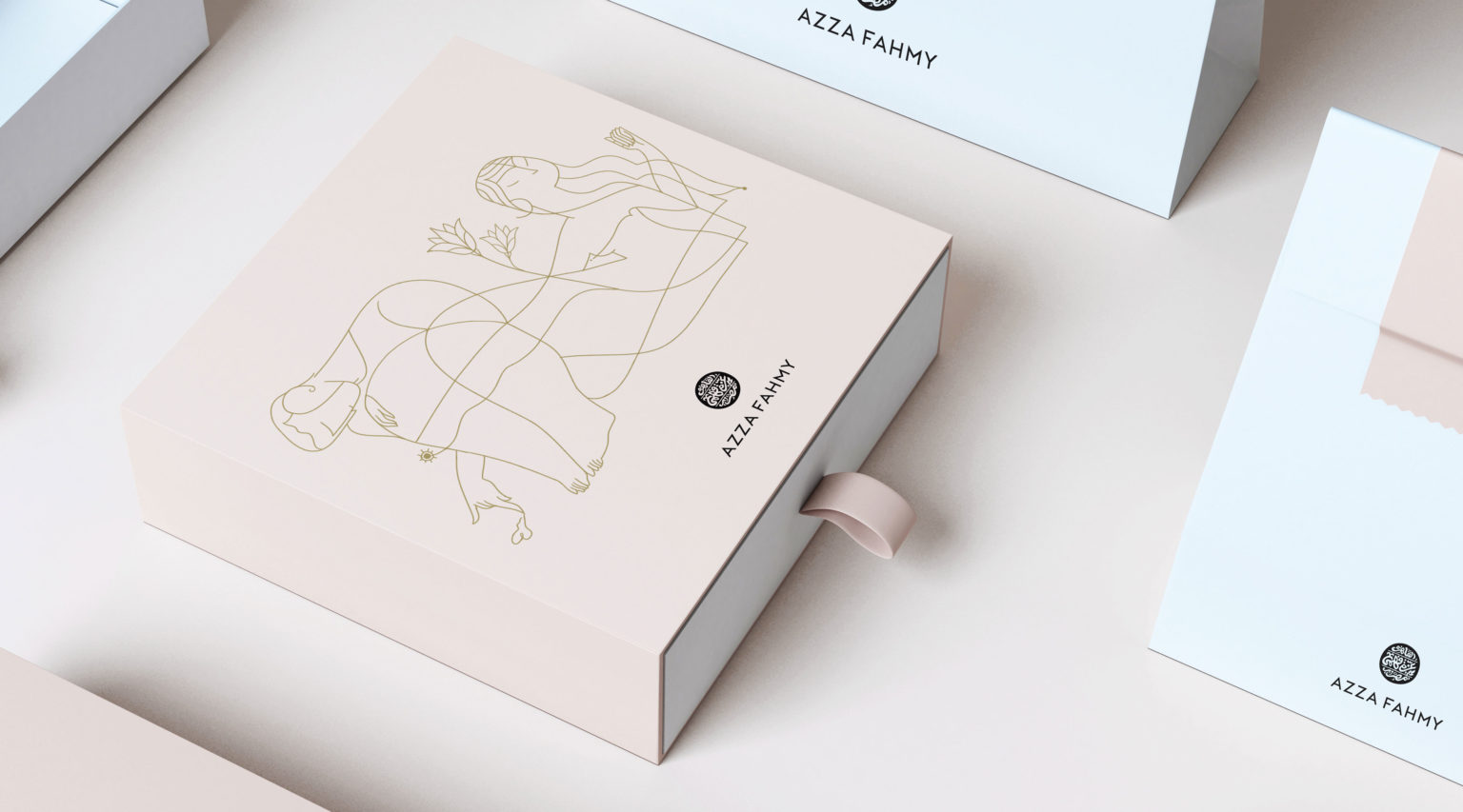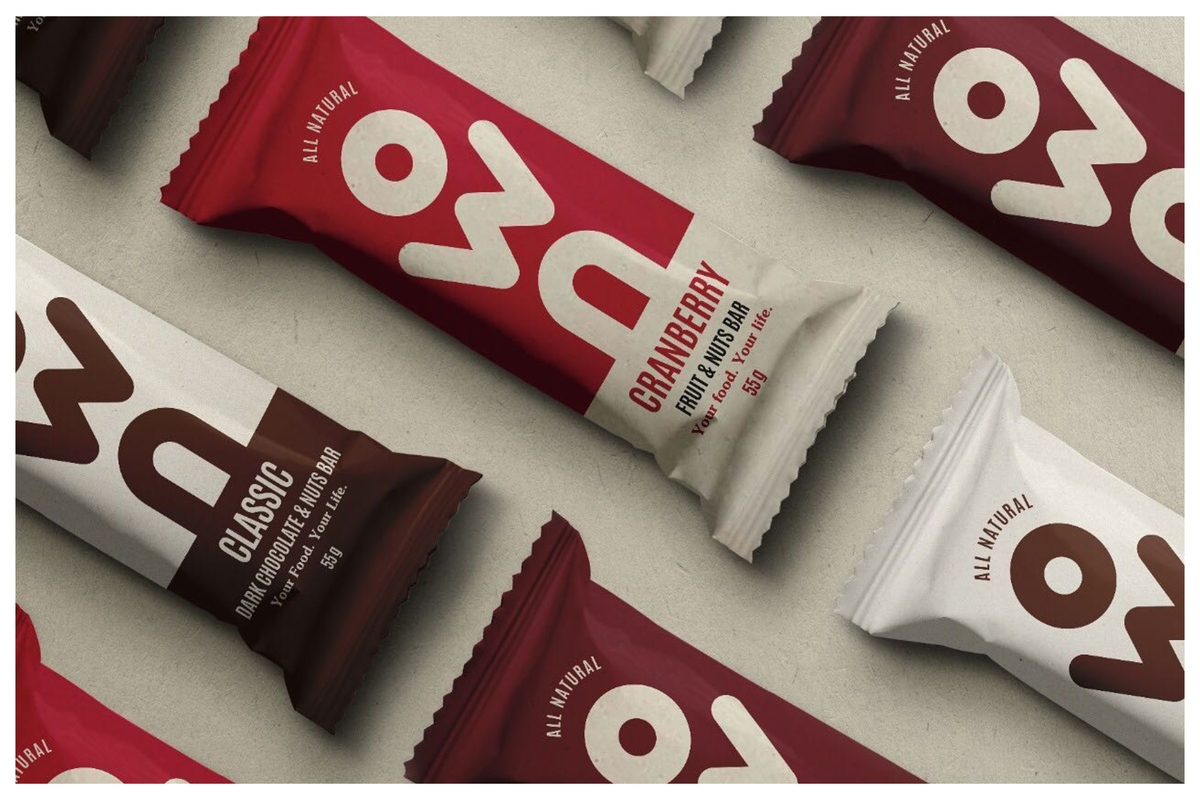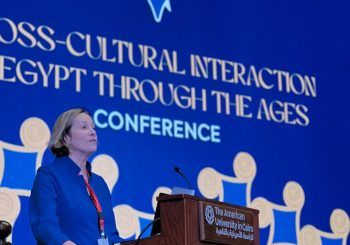
I recall the first time I ever saw an Egyptian advertisement. It was in the early 2000s at my grandmother’s house, a place that for so many years represented for me security, joy and abundance of love. Living outside of Egypt, the only advertisements I ever saw were for top global brands, but seeing an Egyptian advertisement for ‘Juhayna’ – a local household brand – for the first time made me realize how detached I was from my own home country.
Brands don’t just create businesses, entrepreneurs, or household names, but they also create the world a country or community lives in. Seeing that advertisement made me feel that I was truly living in Egypt’s world – a very unique, spirited and vibrant one. Going back to Egypt every summer meant that I would get a taste of that world through its local brands, whether it’s Juhayna, Chipsy, or Molto, which would later on define my childhood and experiences of being an Egyptian.
I was always intrigued to know more about how such brands were brought to life. From the name, the design, the colors, and the whole identity of the brand; each one carried with it its own personality and message. But one thing that was embedded in all of these local brands was the ethos and character of Egypt; they connected with the Egyptians themselves and lived in their conversations, lifestyles and memories.
Dara Abdul Hadi is one of the veterans of the branding world. Initially graduating with a BA in Economics and working as a banker, she realized very early on her creative genes. “I realized how mundane and uninspiring the job of a banker was, and wanted to venture into something that was a bit more creative and fun. From then on my journey began and I went into the advertising world,” she tells Egyptian Streets.
After being selected to pursue a Management and Entrepreneurship Program at Emory University that included a stint at DDB Seattle, in 2007, she co-founded her own design boutique agency, ‘DNA’, which later expanded to become ‘The Brand Company’, one of the region’s industry leaders. “We were a small boutique agency, and during that time many businesses were opening up, and we were definitely a big part of that. But then we decided that we didn’t just want to support small businesses, but also expand and work on strategy-based branding for a variety of brands in different markets: food, health, fashion, government and more,” Abdul Hadi notes.


Overtime, Abdul Hadi notes that branding in Egypt came to represent more than just a logo, advertisement, or design, but rather, it encompassed everything from personality, values and purpose. “A major problem we used to see is that people think that your brand is only your logo or name, and that’s not true at all. What we do at ‘The Brand Company’ is that we focus on brand values and purpose and how that comes to life, on the strategic and aesthetic manifestation of the brand.” Abdul Hadi explains.“We approach our client as a longterm partner, and so we become involved in the whole cycle from start to finish.”
“We don’t just dive into print or the design of a new logo from scratch. We approach our client as a longtime partner, and so we become involved in the whole cycle, starting from the positioning, the brand’s values, the strategy, and then we finally go into the creative part, where we start by designing the brand itself and its visual language,” she adds.
For The Brand Company, brands are brought to life through creating the ‘persona’ and incorporating that in all touchpoints. In other words, it’s more about creating a relationship built on those values and how those aspects of a brand translate into a holistic brand experience. When this relationship is clear and developed, it becomes easier to predict what would make our target audience click. Not only does it ensure quality, but also honesty in communication, which is key in creating success stories. “We have something called the Brand M.A.P., which defines the meaning, attitude and promise of a brand and leads us to creating holistic and complete brands that are able to compete and standout in any market,” she adds.
View this post on Instagram
As the local startup market in Egypt continues to grow, with entrepreneurial activity becoming the fastest-growing ecosystem in the Middle East and North Africa, ‘The Brand Company’ has also played a huge role in working strategically with many successful brands we know today – most notably Azza Fahmy Jewelry, El Gouna, HyperOne, AXA One Health, Majid Al Futtaim and more. “A lot of our clients are also family-owned businesses, which is something we are very proud of as it’s a very fulfilling dynamic to be in seeing the brand grow and how it is passed on from one generation to the next, giving liberty for the younger generation to take over and modernize. Sometimes it’s hard to get the older generation to agree to change, but we’re fortunate to have had so much trust placed in us, especially when it’s done and you see how much it has impacted their sales and helped them grow in the market,” Abdul Hadi says.
View this post on Instagram
In a similar vein, the Brand Company also works on modernizing the voice of governments in the region today, from Ras Al Khaimah in the UAE to the Ministry of International Cooperation in Egypt. As a government entity, you’re not trying to sell a product that audiences recognize or buy. Instead, the challenge is to establish trust, honesty and reliability in a world where activism overshadows propaganda, and striking a balance between remaining modern and relevant while also embracing tradition, history and identity. During the launch of the Ministry’s annual report, USAID Mission Director Leslie Reed commended the Ministry’s fresh and ‘modern vision’ in documenting Egypt’s development cooperation, noting that it is a “source of inspiration” for development partners.

There is a saying that goes “the most admired brands among consumers in Africa are not African.” Since the establishment of Brand Africa 100: Africa’s Best Brands survey and rankings, African brands have fallen behind their non-African counterparts, dropping to an all-time low with just a 13% share in the 2020 survey from a high 34% share in 2011. Meanwhile, non-African brands accounted for 87% of the Top 100 brands, which included the likes of Nike, Adidas, Coca Cola, and Samsung.
However, the global Black Lives Matter has brought about a new conversation. Calls to end racial and social injustice is driving a shift in how younger generations perceive and consume brands, according to Vogue Business, and is boosting greater consciousness and awareness on the local, African and regional brands that exist. Social media has also played a major role in allowing Egyptian and African creatives to take full control of their brand narratives and cultivate stronger relationships with their customers and audiences. Local platforms such as Mitcha and Kollectionz have also helped create a space for local brands to reach wider audiences and promote their products – fostering a homegrown culture of local consumption.
Looking back at my childhood, I realize that the notion of home was one of the main reasons why these nostalgic products and advertisements were so successful. They communicated directly to every Egyptian household, and ultimately, they created a world for me that was full of memories, emotion and stories. They created our world. In the challenging environment of globalization and isolation today, local brands evoke the powerful feelings of home, family and belonging that many of us continue to aspire to have.







Comments (2)
[…] Brands with a Nostalgic Touch: Growing Egyptian Brands that Connect and Inspire […]
[…] Brands with a Nostalgic Touch: Growing Egyptian Brands that Connect and Inspire […]